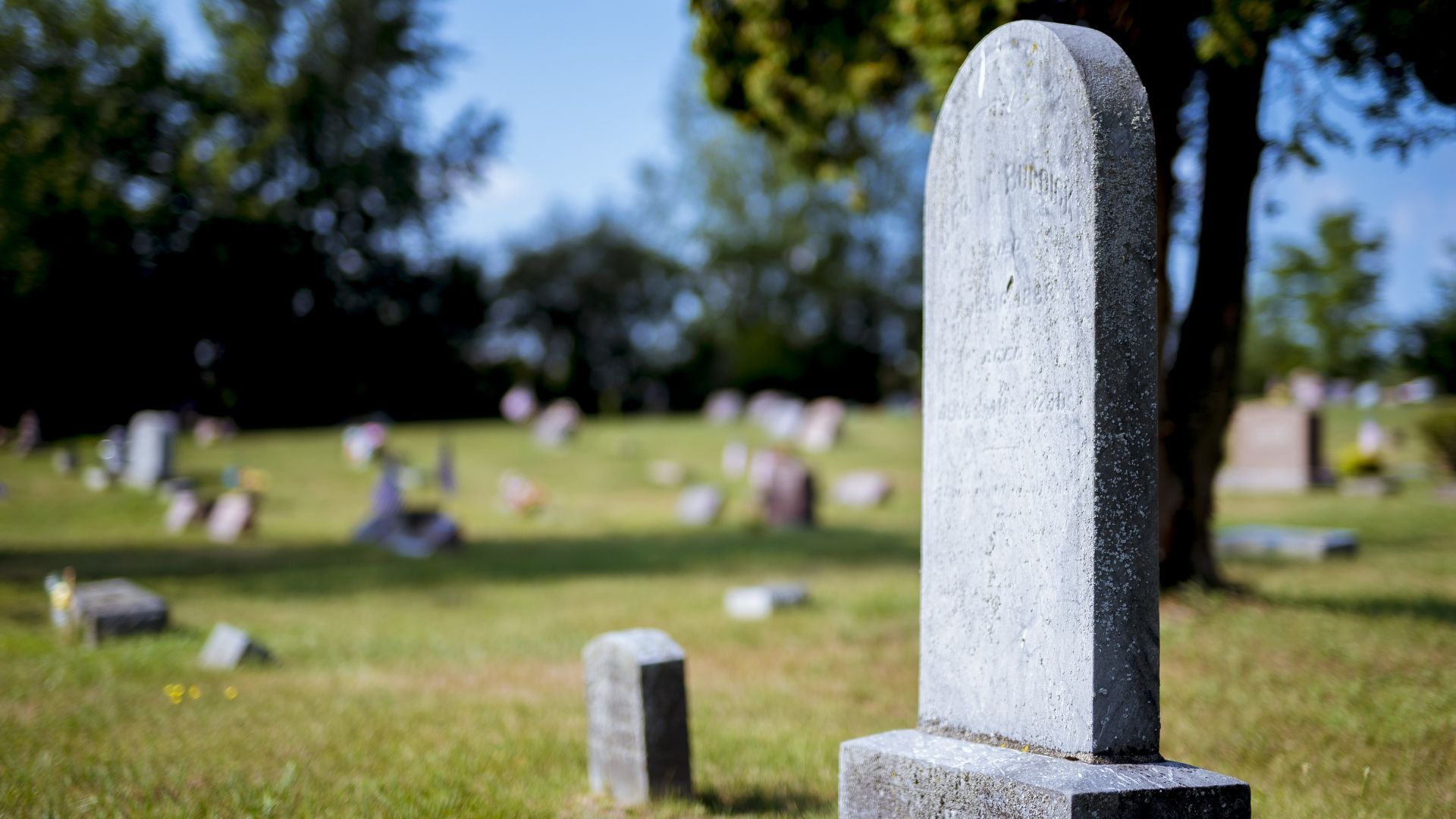How to find a missing will
What if you know a person left a will, but you can't find it? See the steps you can take to locate a missing will.

When a person dies, there's lots to do. One of the most important tasks is finding the will – or seeing if they left one at all.
In some cases, however, it's not obvious where the will is. This could be because you weren't told where it was left, because it was moved, or because of a miscommunication.
Whatever the reason, it's an important document to locate. You need to find the signed and witnessed 'last will and testament' – not a draft, copy or earlier version.
Finding it can be a stressful and time-consuming task at a difficult time. That's why we've put together this list of steps you can take. We hope it helps.
1. Thoroughly search the person's home
Your first step is to look in the home of the person who has died. You might want to start looking in places where people tend to keep important documents: drawers, safes, folders and filing cabinets, for example.
There's no guarantee, however, that you'll find the will in an obvious place. It could be in the loft or garage or even placed between the pages of a book.
As you search, you should also keep an eye out for letters from solicitors, banks and financial advisors. These could give you a better idea of where the will has been left.
Some people store their wills in the safety deposit box at the bank. If you find a key you think could be for a safety deposit box, it's worth calling all the banks used by the person who died to see if the will is there.
If you can't find the will in the person's home, it's time to start contacting professionals who may have been connected with the will.
2. Contact professionals connected with the will
Most people instruct a solicitor for help with their wills. If you can't find a will, it can be worth contacting the solicitor who drafted it. They may have a copy or know the whereabouts of the original.

It's worth noting that only an executor of the will (the person entrusted with carrying out the instructions in the will) is entitled to a copy. If you're not named as executor on the will, the solicitor is unlikely to give you a copy.
Other professionals to try include banks used by the person who died, financial advisors, accountants, insurance agents and religious leaders.
You could also try the Society of Will Writers. This is a not-for-profit organisation comprised of will writers and estate planners. There's a chance they might have drafted the will you're looking for.
3. Talk to friends and family
It may be that the person who died told a friend or member of the family where they planned to leave their will.
It's also possible that friends witnessed the signing of the will. This could lead you to the solicitor who drafted it.
4. Look online
There are several online registers you can search if the above steps don't help.
First, there's the National Will Register. This is a voluntary register where people log the location of their will. For £65, you can carry out a Will Register Search to see if the will has been registered.
It's important to recognise the voluntary nature of the National Will Register. It's not compulsory, and there's no guarantee it will have information on the will you're looking for.
You can also get in touch with the Solicitors Regulation Authority. This is an organisation that monitors solicitors and their firms. They also store wills written by solicitors who are now retired or no longer trading.
Finally, you can apply for a 'standing search' with your local District Probate Registry. This costs £10 for a six-month search. If probate has been granted, the District Probate Registry will hold a record and will be able to send you a copy.

If the will hasn't been read during the six months, you can renew the search for another £10.
5. Advertise
Last but not least, you could try advertising in the local press or legal publications such as
The Gazette.
To maximise your chances of success, make sure to quote any former names of the person who has died.
What if the will is damaged or destroyed?
If you have strong evidence that the will existed and can demonstrate what it contained, it's possible to have the will honoured even if the original is damaged or destroyed.
To do this, you need to make an application to court. The court starts from the assumption (or 'legal presumption') that if a will can't be found, the person who died intended for it to be destroyed. You need strong evidence to persuade the court otherwise.
What if the will is lost?
If the will is lost, the estate of the person who died will likely be distributed according to the Rules of Intestacy. This is the order of priority for distributing the estate when no instructions from the person who died are available.
A brief glossary of terms
Wills are legal documents. For this reason, the language surrounding them can be technical. Here are some of the key terms.
A person's 'estate' refers to all the assets they own once any debts they owe are subtracted.
The 'executor' is the person who has to administer the estate. This will be specified in the will. In some cases, there will be more than one executor (up to four).
The 'testator' (male) or 'testatrix' (female) is the person who left the will.
Finally, the 'grant of probate' is the legal document the executor or executors need to administer the testator's estate.
Akshardham Funeral Directors (AFD) is a team of
independent funeral directors based in Edgware, Greater London. For more advice about wills and estates, follow our
blog.






